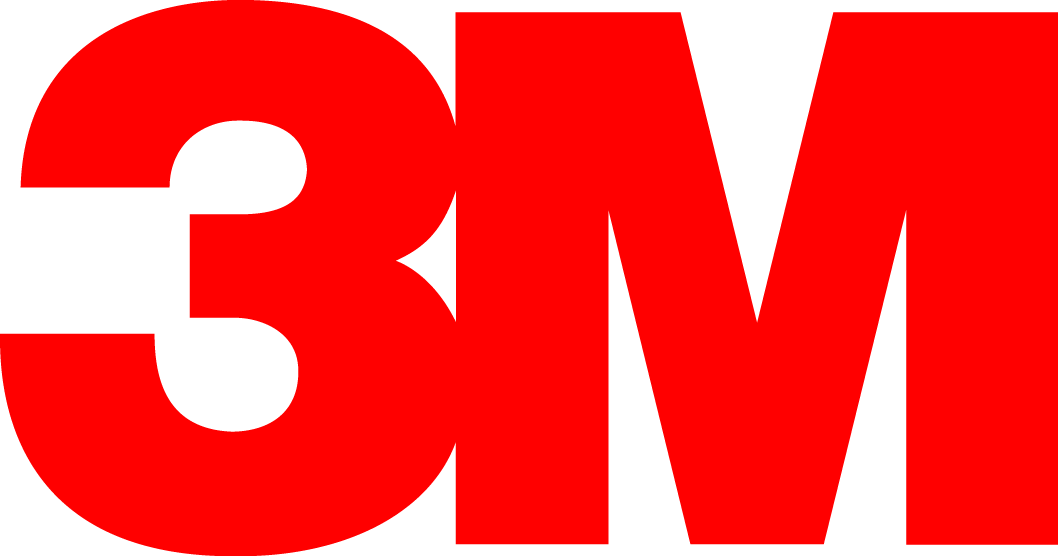3M Experts: Here's What To Do When Hail Damages Your Vehicle
Originally published on 3M News Center
Vehicle owners understandably start worrying when hard, crunching hailstones start crashing against their car. After a storm, drivers reluctantly give their car a look over for dents and dings while hoping for the best.
Spotting hail damage
You might think finding hail damage only requires a simple scan over the car but correctly spotting damage is tricky.
Ryan Marrinan, an application engineer with 3M’s aftermarket auto division and a former collision repair specialist with 20 years of experience warns that sometimes dents and dings hide in plain sight.
“One of the worst things you can do is look directly down at the panel. In order to see hail properly, especially the small dents, what you really want to do is look at a side-casted shadow,” Ryan said.
Getting the car out of direct sunlight makes it easier to spot hail damage – under the shade of a tree is a good spot to look for the shadow being casted in the dent.
“If you are doing it under direct sunlight or out in the street; you may not see all the damage on your vehicle. You may think there’s only one or two dents and there’s actually 15,” Ryan said.
Will my rates go up?
Richard Desvouges, 3M aftermarket auto division application engineer, recommends contacting your insurance agent as quick as possible after finding hail damage.
“Don’t be afraid to contact your insurance company. A hail claim is considered a comprehensive claim and these claims are typically non-chargeable; meaning you won’t see a hail increase,” Richard said. “You are paying for coverage and it’s a great idea to get your car repaired when hail does happen.”
Working with certified shops
The most important part of getting hail damage fixed is working with a shop certified by your vehicle’s manufacturer. Certified shops know the standard operating processes for products used on the vehicle and have proper application training.
“Shops that will repair the damage may not follow all the proper steps and further down the road you might start seeing some of the ghosting or shadowing of that repair coming through the final paint,” Ryan continued. "And that's where most of the time, customers don't know it or they don't see it, especially when it's on a roof, but it can cause problems long term.”
Some uncertified shops will try to repair hail damage against the manufacturer’s requirements – like filling a dent with body filler that is too deep to use body filler. The repairs look OK at first but start faltering later.
Uncertified shops may also drill unnecessary holes in cars to access hard to reach areas for repair. Most vehicle owners don’t notice the unneeded holes when they get their car back.
“They're putting them in what they think are very inconspicuous locations,” Ryan said. “You open the door and you think, ‘that plug is there because I've got other plugs in my door’ or the vehicle owner might think that’s just part of the process.”
Looking at both sides of the car will help vehicle owners know if an unnecessary hole was added to the car.
“The biggest indicator would be to look at your vehicle side to side. Look for symmetry, because most of these doors are pretty symmetrical when you're looking from side to side,” Ryan said.
Certified shops know the nuances of repairs for different vehicles. They know some cars are more prone to certain issues during paintless dent repair and what types of issues to worry about.
Certified shop technicians know attempting PDR on a vehicle can scratch the primer applied at the manufacturing plant. The factory primer protects against moisture and dirt issues but loses its ability to protect when it is scraped off during the repair.
Certified shops make sure cavity wax is applied to the vehicle to restore protection from moisture and dirt.
Vehicle owners won’t have many worries if they use a certified shop for repairs. 3M helps certified shop technicians get quick access to 3M product information through the 3M Collision Repair App, which allows technicians to quickly review product information, process guides and standard operating procedures while in the shop.



